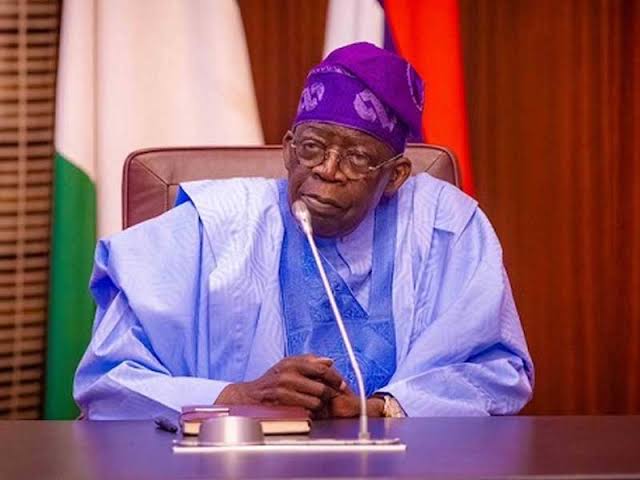On Tuesday, October 1, Nigeria marks its 64th independence anniversary, commemorating the end of British colonial rule in 1960. Despite facing numerous challenges, including military coups and civil unrest, the country has made significant strides in various sectors.
Political commentator Okanlawon Gaffar emphasized that “the greatest achievement of the country since 1960 was its unbroken democracy since 1999,” highlighting the “long stream of democratic rule since 1999 where we have been able to have elections consistently without military interjection.”
Here are some of Nigeria’s key achievements since gaining independence:
Economic Achievements
Discovery of oil (1956) and growth of the petroleum industry.
Establishment of the Nigerian Stock Exchange (1960).
Development of the manufacturing sector, including textiles and food processing.
Increase in GDP from $4 billion in 1960 to over $248 billion in 2022.
Diversification into agriculture, mining, and ICT.
Infrastructure Development
Major highways, bridges, and airports constructed.
Establishment of the Nigerian Railways Corporation (1960).
Development of major seaports.
Expansion of telecommunications.
Key projects completed, such as the Third Mainland Bridge (1990) and Abuja-Kaduna Railway (2016).
Education
Establishment of the University of Nigeria (1960) and other federal universities.
Expansion of primary and secondary education.
Introduction of the NYSC program (1973).
Growth in private educational institutions.
Improved literacy rates from 37% in 1960 to 73% in 2022.
Healthcare
Establishment of the Nigerian Institute of Medical Research (1977)....Read Full Article [Click Here>]
Development of teaching and specialist hospitals.
Introduction of the National Health Insurance Scheme (2005).
Efforts to combat diseases like polio and malaria.
Life expectancy increased from 37 years in 1960 to 59 years in 2022.
Politics and Governance
Transition from military rule to democracy (1999).
Establishment of the Independent National Electoral Commission (INEC) (1998).
Relatively peaceful elections held in 2011, 2015, and 2019.
Passage of the Freedom of Information Act (2011).
Strengthening of anti-corruption agencies.
Sports and Culture
Victories in the African Cup of Nations (1980, 1994, 2013).
Olympic medals in 1996, 2008, and 2016.
Nollywood’s emergence as Africa’s largest film industry.
Global recognition of Nigerian music, particularly Afrobeats.
Preservation of cultural heritage sites like Osun Osogbo Sacred Grove.
Other Notable Achievements
Membership in international organizations (AU, ECOWAS, OPEC).
Hosting of the Commonwealth Heads of Government Meeting (2003).
Contributions to global peacekeeping.
Development of the Nigerian space program (NASRDA, 1999).
Recognition as a regional power in West Africa.





